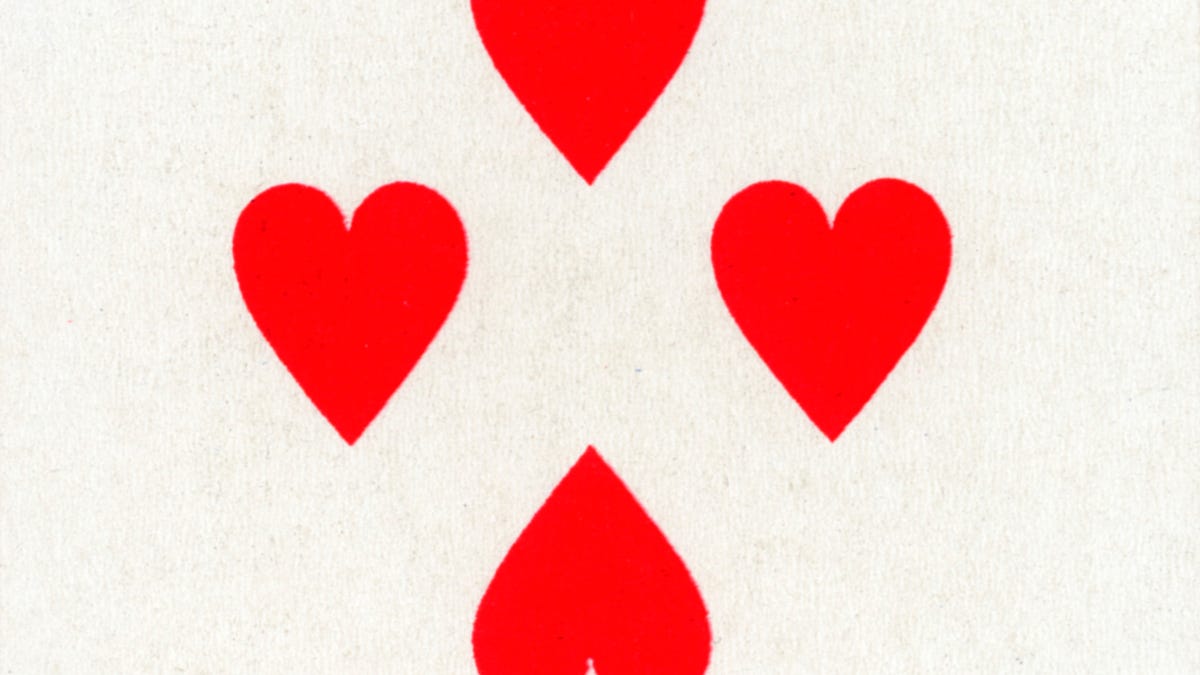How 3nder is kinking up the world of online dating
The next generation is inspiring a new type of online dating service with their open and progressive attitudes toward sexuality and gender.

Tinder might have taken online dating from fusty to fashionable, but there's a new breed of dating apps on the block. They're all about catering to niche tastes, breaking down taboos and being honest about exactly what you're looking for right from the first swipe.
Leading the pack, in part because it is currently fending off a high-profile lawsuit from Tinder over its name, is 3nder (pronounced "threen-der"). "It's about basically exploring your sexuality whether you're in a relationship or not, but it's known as the threesome app," said founder Dimo Trifonov, introducing 3nder to the relatively straight-laced startup scene audience at Europas Conference in London on Tuesday.
There's tension in the online dating right now, although it has little to do with the Tinder-3nder name squabble. Niche, easy-to-use, often free services like 3nder are challenging the one-size-fits-all, old-school model of attracting a mass-market audience for a slice of a multibillion dollar pie.
It's not a simple case of catering to casual daters versus relationship seekers, but of attracting and catering to the growing numbers of users from emerging markets. The way Trifonov sees it, there are a whole spectrum of needs to be met, and the more the merrier. "I like choice -- choice is amazing," he said.
Many of the new services are based around Tinder-inspired swipe interface, but that doesn't automatically mean apps define this new genre.
"The future is so open and fluid," he said. "My product is still quite stuck in the present time, but it targets a future market." By future market, he is referring to Generation Z, the members of which are currently teenagers but are already showing themselves to be more accommodating and more accepting of a wide variety of sexualities and gender definitions -- or lack thereof -- than their parents.
Providing a service tailored to the ideologies of the next generation and continuing to serve the existing core group of 3nder users as the 2-year-old service enters the mainstream is more important to Trifonov than the actual tech of the app.
He may be in the app game himself, but he doesn't have much respect for it as a long-term business model. In fact, he imagines a future in which our phones will be able to do all the hard work of a hookup for us. "Apps are going to disappear -- I think we will not need to swipe to like people," he said. "Phones will know so much about us -- they will know whether we feel lonely depressed."
Some are already experimenting with this in a rudimentary way -- using chatbots, for example, to help match people with exactly what they want and need in the moment. "But this still relies on typing," said Trifonov. "The magic will happen when that disappears."
For now, he is looking forward to the point when "sex startups," as he is unafraid to call them, receive the same acknowledgement from investors as more vanilla dating services have in the past. "I am connected with all of these niche dating guys, and they are all struggling to get money," he said, but expressed hope for the future.
"With time we're going to open up more and be open about who we are and what we want and what our desires are." The money, he hopes, will follow.

